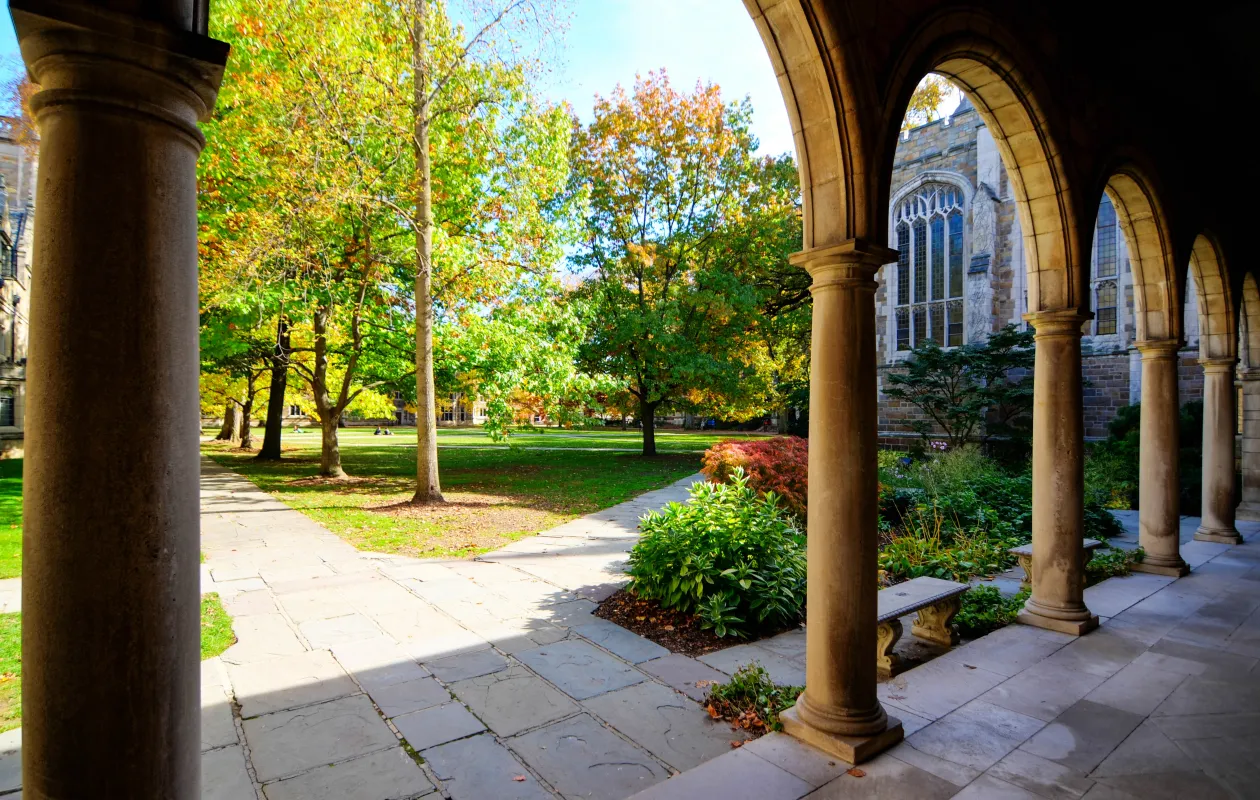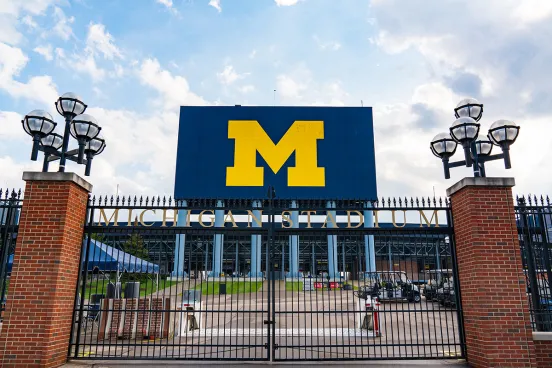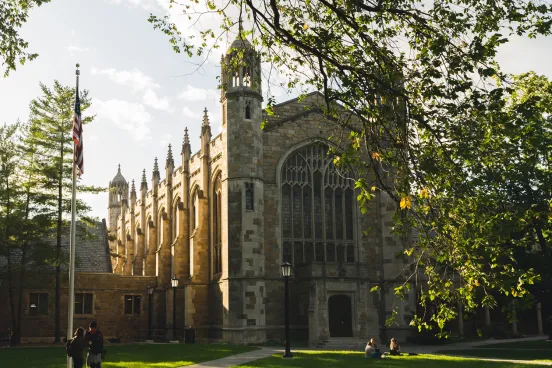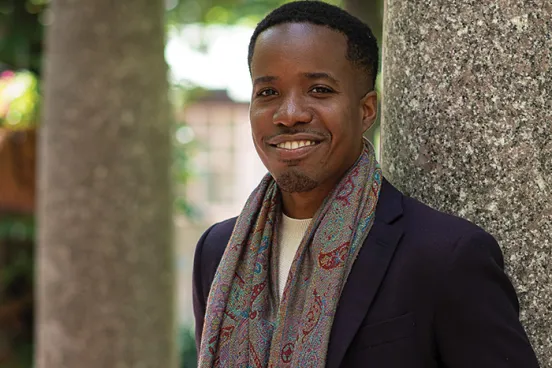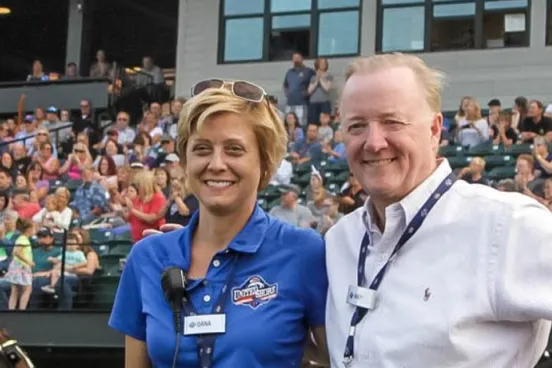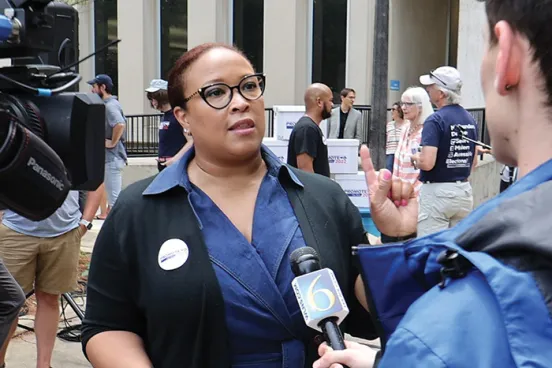Twenty one full-time professors joined the University of Michigan Law School faculty beginning in the 2022–2023 academic year, with research and teaching interests focused in areas as diverse as economics, energy law, entrepreneurship, international law, intellectual property, philosophy, and race and inequality, among others.
“These new faculty members represent the very best in innovative research, practice, and classroom teaching,” says Mark D. West, the David A. Breach Dean of Law and Nippon Life Professor of Law. “We are excited to add such a tremendous range of expertise and experience to our community, and we look forward to the many ways they will enrich learning opportunities for our students.”
To read more about each new faculty member, click on their name in the bios below.
Michelle Adams
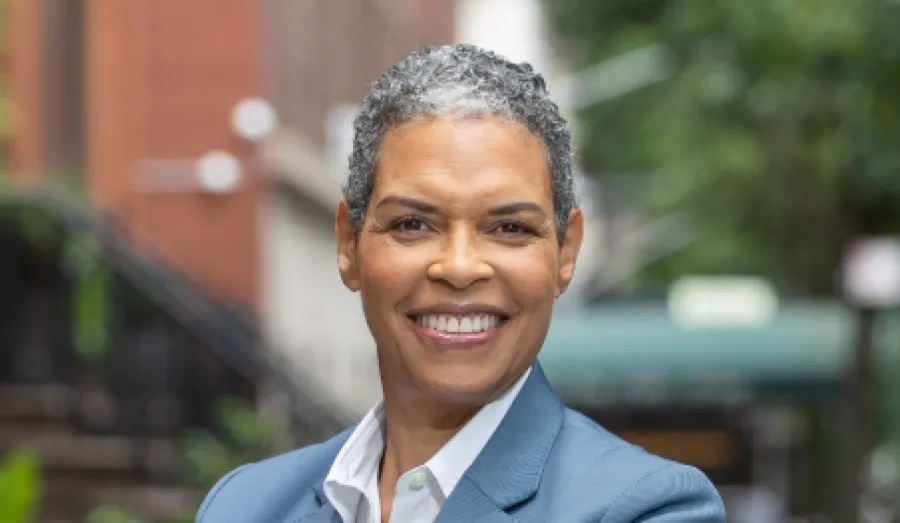
“[Milliken v. Bradley] is the end of Brown v. Board of Education being a kind of broad, enhanced sword that can be used with the 14th Amendment to give Black children real equal educational possibilities.”
—Michelle Adams, the Henry M. Butzel Professor of Law. She is a renowned expert of race discrimination and school desegregation. Most recently, she was a professor at the Benjamin N. Cardozo School of Law.
Julian Arato
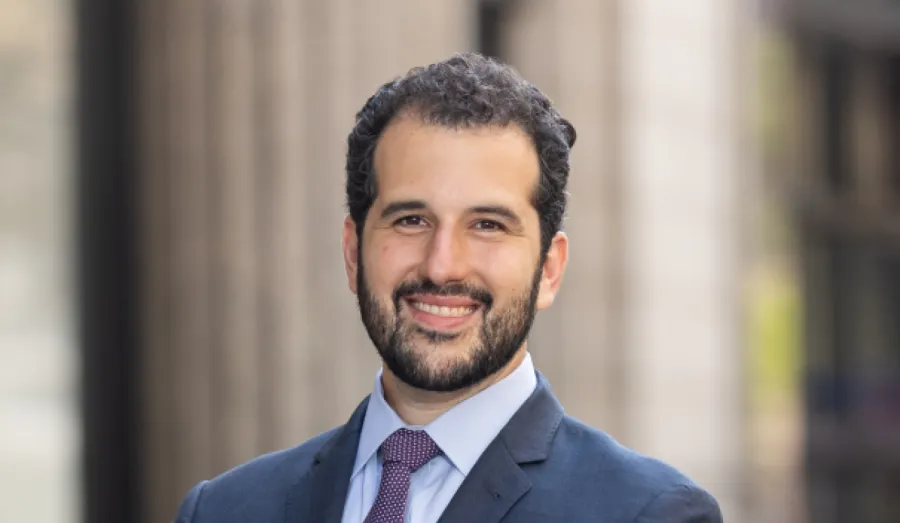
“International law is the Wild West for lawyers because the sources of law are so numerous and complex, and so often need to be interpreted and reinterpreted in the context of a dramatically changed world.”
—Julian Arato, a significant and emerging voice on international law and the global economy, who joins Michigan as a professor of law. He previously spent seven years at Brooklyn Law School.
Karima Bennoune
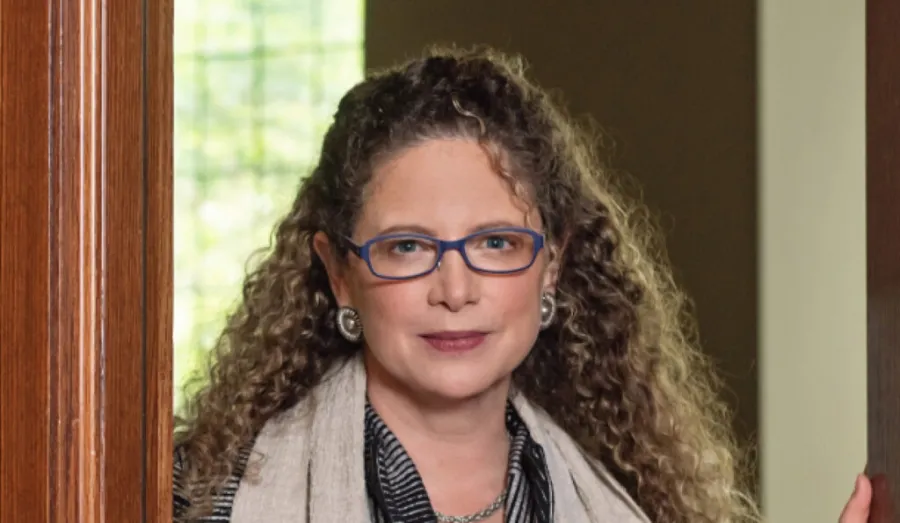
“I became an international lawyer and a human rights lawyer because of my Algerian family’s experience during the war of independence. I wanted to seek global solutions, so other families would not experience similar histories.”
—Karima Bennoune, JD/MA ’94, the Lewis M. Simes Professor of Law. She is a leading international law and human rights specialist and has taught at the University of California-Davis School of Law, the Rutgers School of Law, and in the Oxford Summer Human Rights Programme.
Elise Boddie
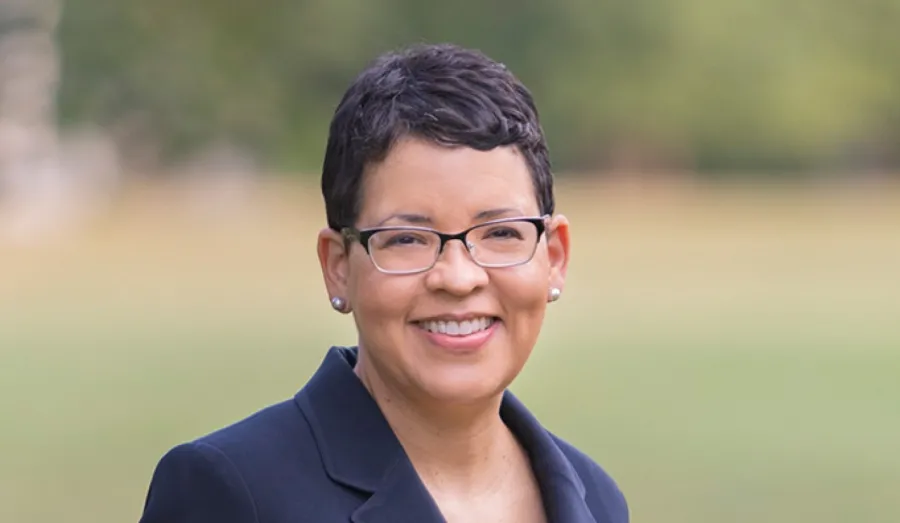
“Sometimes systems fail because they include policies and practices that are too tightly linked. If one thing goes wrong, the whole system suffers.”
—Elise Boddie, the James V. Campbell Professor of Law. Boddie, a renowned advocate and scholar on dismantling systemic racism, currently is on leave to serve as the principal deputy assistant attorney general in the US Department of Justice’s Civil Rights Division. Most recently, she served on the faculty at Rutgers University.
Kristin Collins
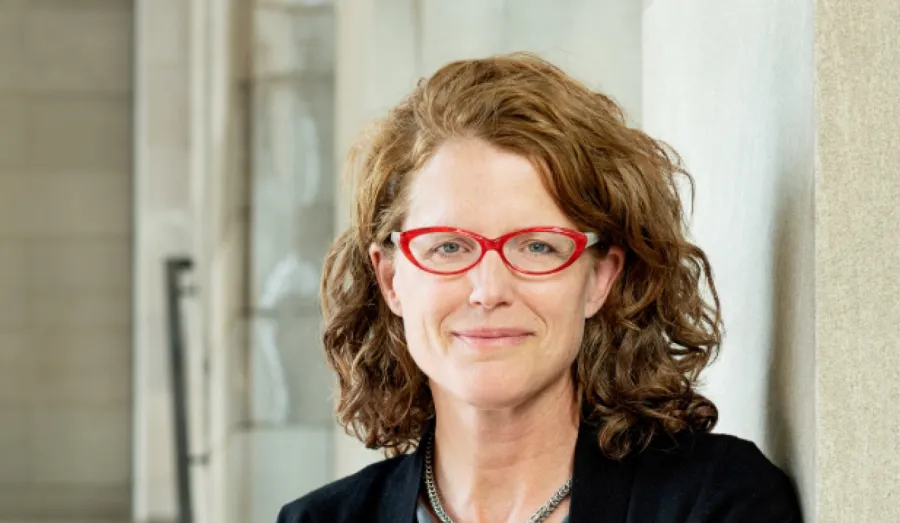
“The official machinery that regulates our borders is incredibly powerful. It is vitally important that experts engage in thoughtful critique of such a profound exercise of legal authority.”
—Kristin Collins, one of the nation’s preeminent legal scholars in the areas of citizenship and immigration law. Before joining Michigan Law as professor of law, Collins spent the last 16 years as a professor at Boston University School of Law.
Sam Erman
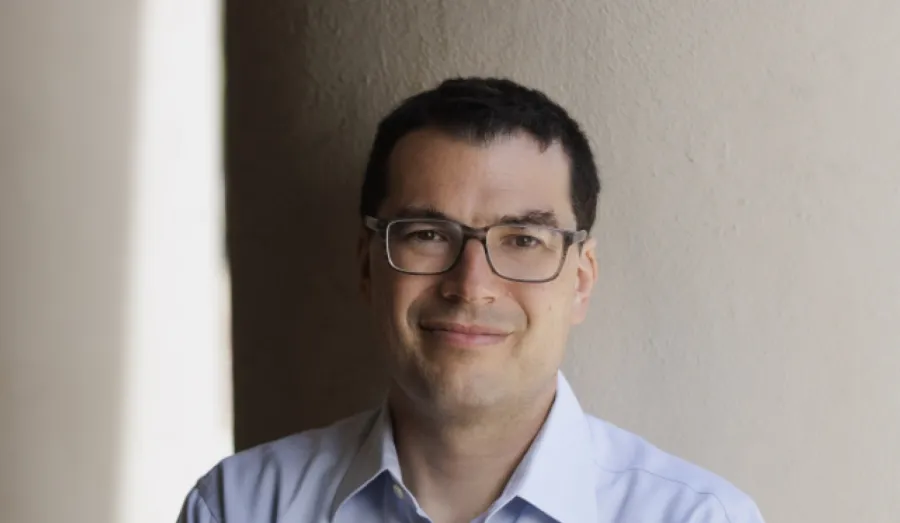
“With international law on the rise, some [countries] felt pressure to try to find a universal language to capture [jus sanguinis] rules. That is when all four countries stopped thinking of themselves as being quite unique, to thinking of themselves as all being on the same grid.”
—Sam Erman, ’07, professor of law, on his collaborative research project about the history of birthright nationality. A former clerk for US Supreme Court Justices John Paul Stevens and Anthony Kennedy, he is a leading scholar of history and law as it pertains to citizenship, the Constitution, empire, race, and legal change. He previously served as a professor of law at USC Gould School of Law.
Matthew L.M. Fletcher
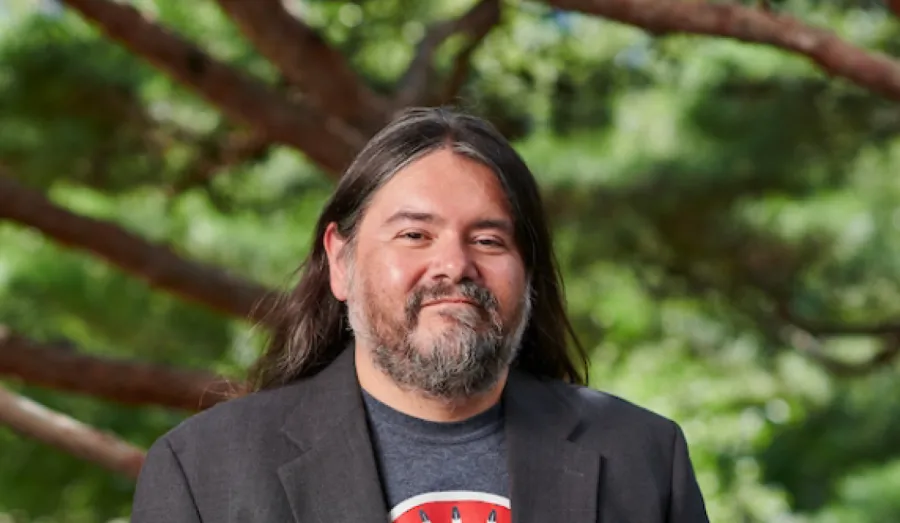
“Most of my relatives who are Native Americans grew up in poverty and struggled mightily….I felt this was a place where I wanted to contribute and make a difference.”
—Matthew L.M. Fletcher, ’97, an appellate tribal judge and former in-house counsel for Native American tribes. Previously a visiting professor at the Law School, he has been named the Harry Burns Hutchins Collegiate Professor of Law. Fletcher serves as chief justice for two tribes, the Pokagon Band of Potawatomi Indians and the Poarch Band of Creek Indians.
Noah Kazis
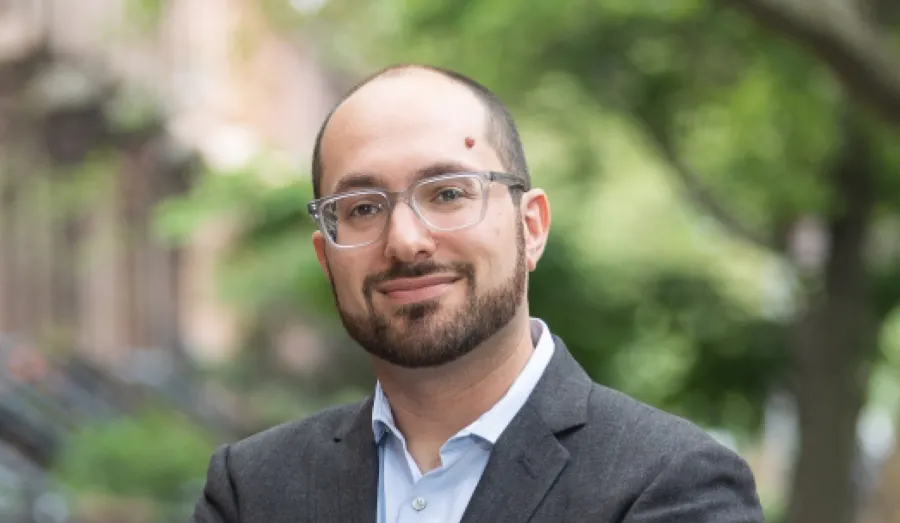
“Cities are places where we can try out innovative policies and programs. They can be the real laboratories of democracy.”
—Noah Kazis, assistant professor of law. Previously, he practiced in-house at the New York City Law Department and spearheaded research projects at New York University’s Furman Center for Real Estate and Urban Policy.
Alexandra Klass
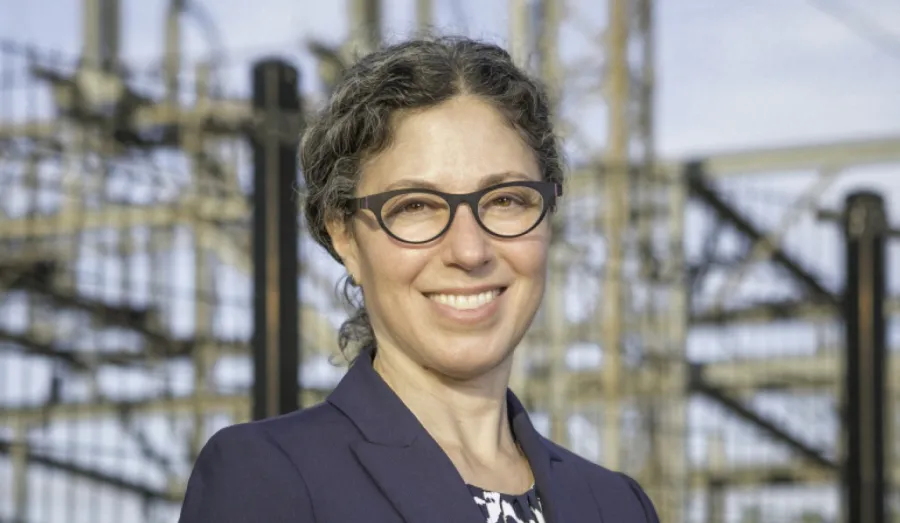
“Almost no one could have anticipated that the cost of wind and solar would have dropped as much as it has….We have all these technologies now that we must deploy more widely.”
—Alexandra Klass, the James G. Degnan Professor of Law. Currently, she is on leave to serve as deputy general counsel for energy efficiency and clean energy demonstrations at the US Department of Energy. She previously taught at the University of Minnesota Law School.
Christopher Knight
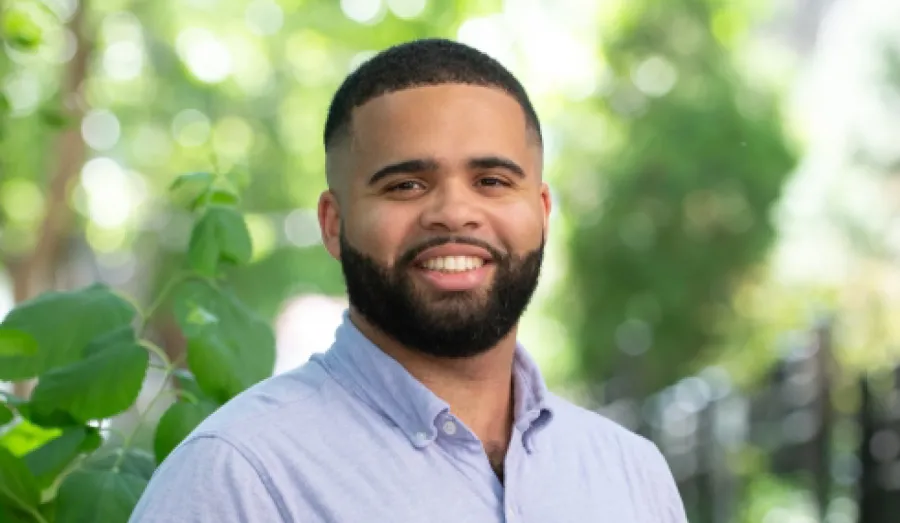
“We all had our whole heart in that fight. There were moments when our plaintiffs testified and there wasn’t a single dry eye in the courtroom. Everyone was giving 120 percent because real people were in danger.”
—Christopher Knight, a clinical assistant professor of law in the Legal Practice Program, on his pro bono work on behalf of the plaintiff in the immigration case Saget v. Trump. He comes to Michigan Law from Mayer Brown in Chicago, where he focused his practice on antitrust and mass tort litigation.
Julia Lee
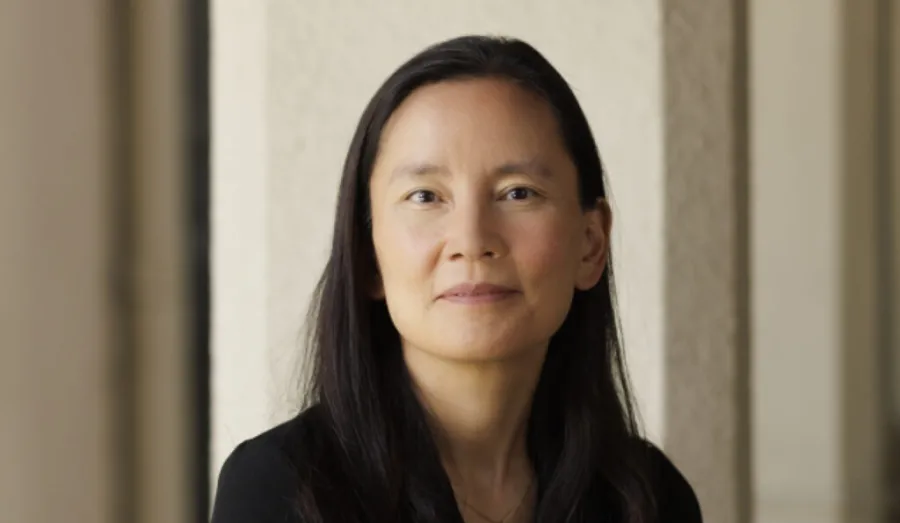
“You can have notions about how the law should work, but that isn’t always reality. The clinics provide Michigan Law students the practical experience of being a lawyer.”
—Julia Lee, ’05, who will co-teach the Pediatric Advocacy Clinic as a clinical assistant professor of law. Recently, she spent seven years as supervising attorney of the Supporting Families Workgroup at the Legal Aid Foundation of Los Angeles.
Chavi Keeney Nana
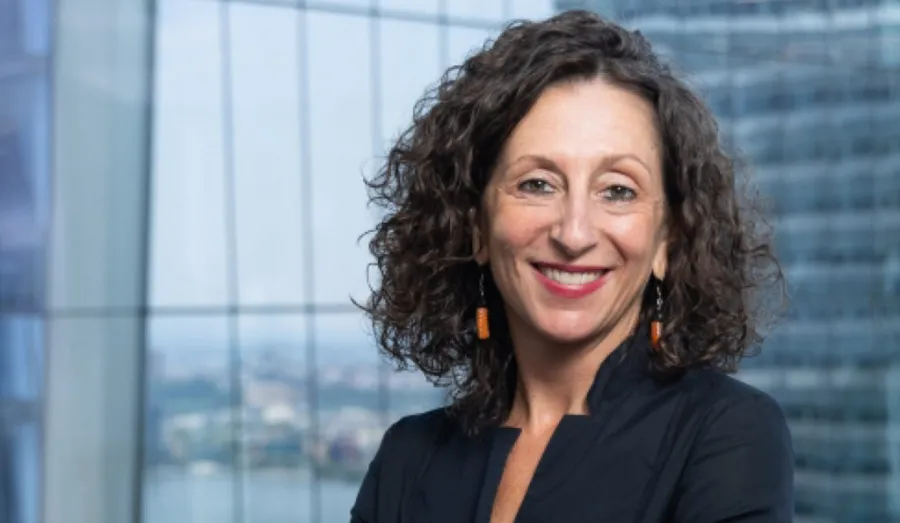
“In business, we often talk about forced labor and ESG issues as if they were separate from corruption. But corruption underlies all of these concerns, so we need to take a more integrated approach and bridge that gap.”
—Chavi Keeney Nana, a professor from practice with extensive experience in international criminal investigations. She is also counsel at WilmerHale, where her practice focuses on anti-corruption, human rights, human trafficking, and ESG (environmental, social, and governance) issues.
Sanjukta Paul
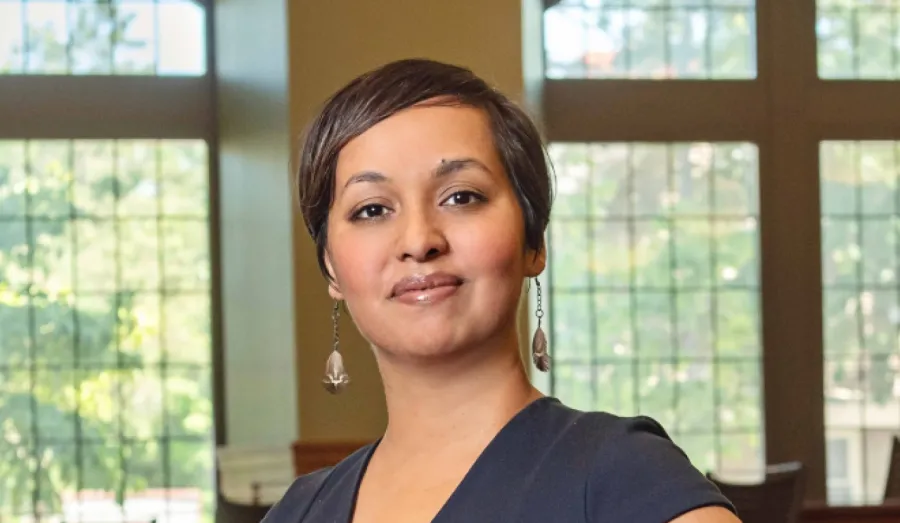
“What I bumped into as a practicing lawyer is that antitrust is potentially a threat for workers—and that, in turn, raises deeper questions about what its purposes are. We are in a moment where we’re collectively having a rethink about that.”
—Sanjukta Paul, a professor of law specializing in antitrust and labor law. She joins Michigan Law from Wayne State University, where she was an assistant professor. Before entering academia, she practiced law for several years, with a focus on representing the interests of workers, labor unions, and civil rights plaintiffs.
Aaron Perzanowski
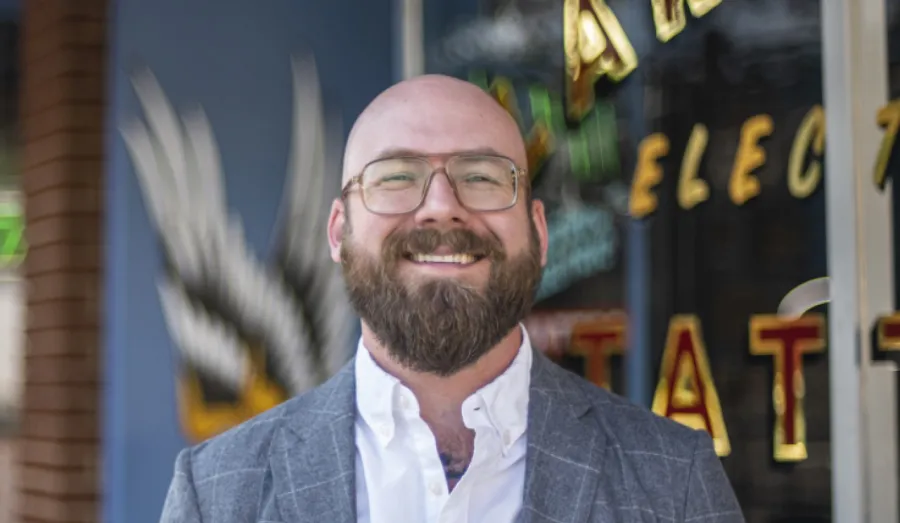
“Historically, libraries have had physical collections and because of the way copyright law is structured, they have had complete control over what they did with those collections. Now, the way big technology platforms work with publishers is creating an eBook crisis.”
—Aaron Perzanowski, the Thomas W. Lacchia Professor of Law. He brings 13 years of experience teaching and writing about the intersection of intellectual and personal property law, most recently on the faculty of Case Western Reserve University.
Rachel Rothschild
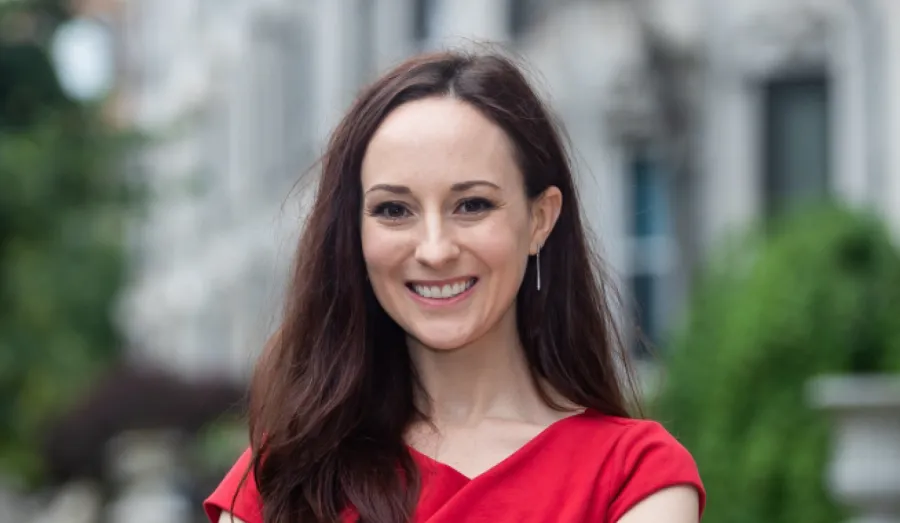
“My goal is to look historically at what has worked and not worked when the judiciary reviews the underlying scientific justifications for environmental regulations—and to suggest ways we can ensure appropriate judicial oversight without crippling agency actions that will protect human health and the environment.”
—Rachel Rothschild, an assistant professor of law whose recent research examines climate change litigation, as well as the past and present regulation of toxic substances. She most recently was a legal fellow at the Institute for Policy Integrity, where she remains an affiliated scholar.
Steven Schaus
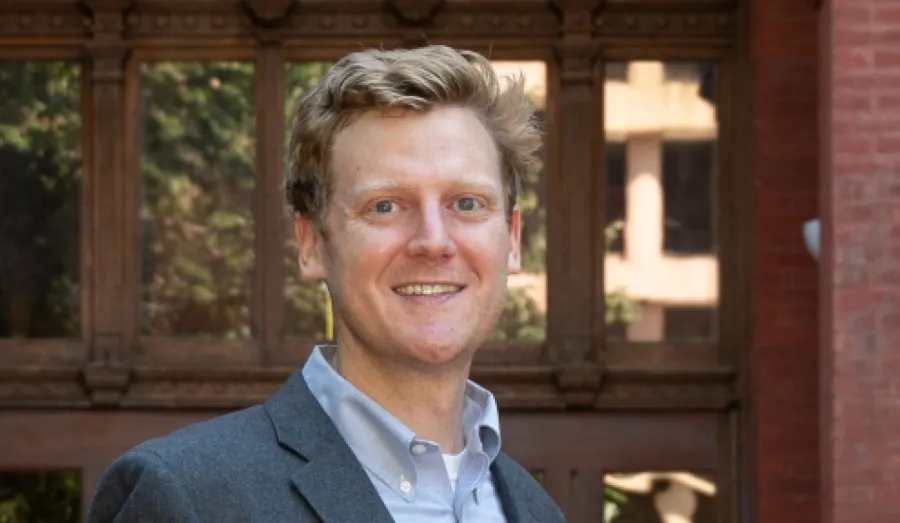
“In my research, I keep returning to questions about how we hold people accountable in everyday life…about how we do so through the law of torts, and about the relationship between the two activities.”
—Steven Schaus, an assistant professor of law who teaches and writes about tort law, remedies, and moral and legal philosophy. He recently completed a two-year postdoctoral fellowship at the Project on the Foundations of Private Law at Harvard.
Salomé Viljoen
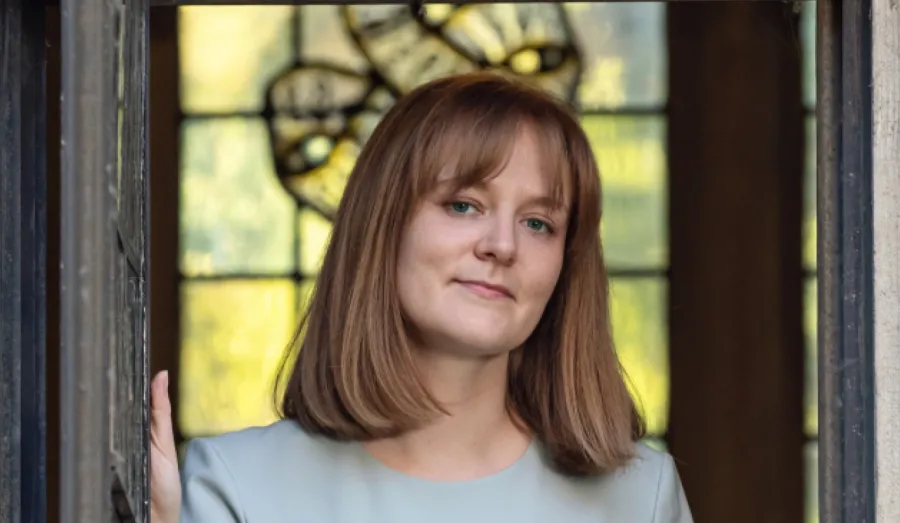
“With concerns over surveillance and the explosion of digital technology, privacy law has become a rich area of study with so many fascinating first principles, legal questions, and pressing issues.”
—Salomé Viljoen, a rising scholar in technology and information and assistant professor of law. Most recently, she completed an academic fellowship at Columbia Law School.
Christopher J. Walker
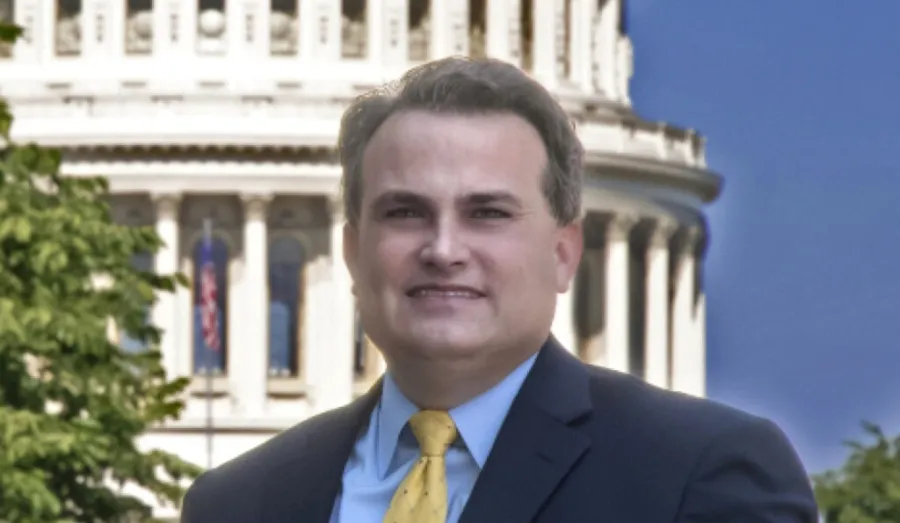
“I like to get into the bureaucratic trenches, meet agency officials, and understand how federal agencies work in the real world.”
—Christopher J. Walker, a leading administrative law scholar who has worked in all three branches of the federal government, including as a clerk for Justice Anthony Kennedy on the US Supreme Court. Most recently, he was a faculty member at The Ohio State University Moritz College of Law. He joins the Law School as a professor of law.
Kristen Wolff
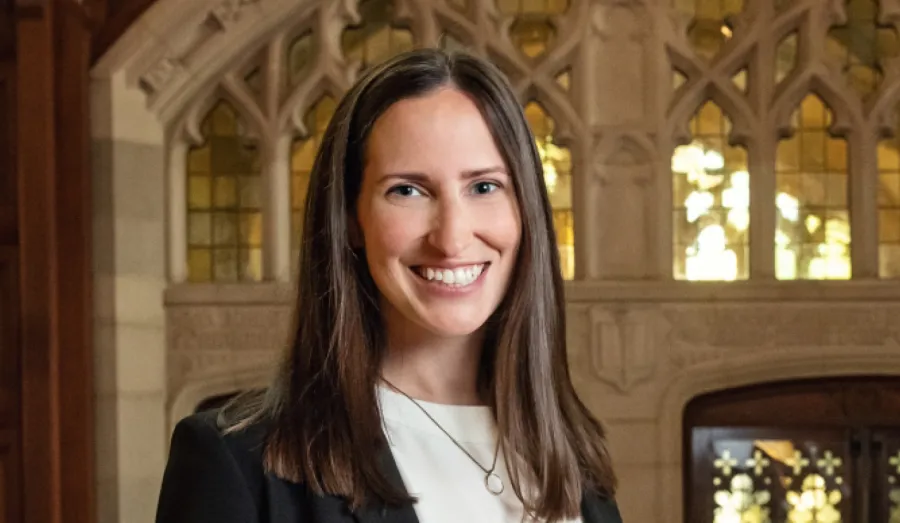
“The patenting process is so expensive that, for most people, pursuing a patent is just not possible. And yet, in many industries, a patent is critical to entrepreneurial success. So what I’m really interested in is figuring out, how do we remove barriers to patenting?”
—Kristen Wolff, a clinical assistant professor of law and patent attorney. Previously, she was a visiting clinical assistant professor in the Law School’s Zell Entrepreneurship Clinic.
Ekow N. Yankah
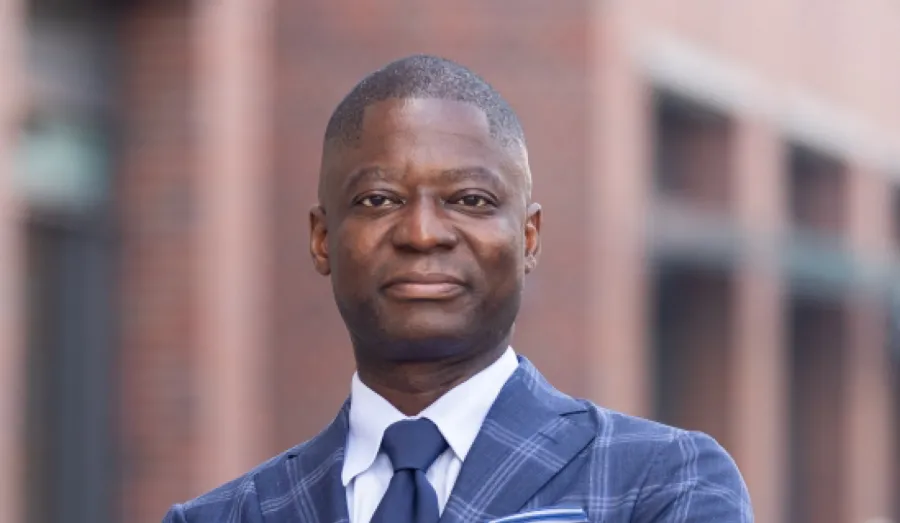
“It feels important to share scholarly work in a way that has an impact. As intellectuals, part of our job is to drill deep on societal problems, but I also think we need to focus on how we can expand this into the public space.”
—Ekow N. Yankah, the Thomas M. Cooley Professor of Law. Yankah, whose work focuses on questions of political and criminal theory, spent the last 14 years as an award-winning professor at the Benjamin N. Cardozo School of Law.
Jeffery Zhang
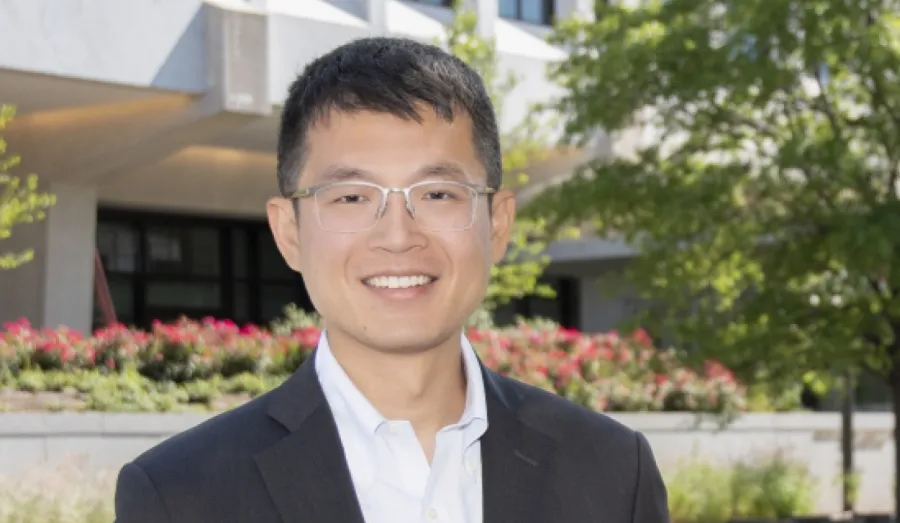
“At the Legal Division of the Federal Reserve, I had my lawyer hat on. At the Council of Economic Advisers, I had my economist hat on. These experiences…helped me approach issues and projects from different angles.”
—Jeffery Zhang, an assistant professor of law who teaches about financial regulation and digital currencies. Previously, he spent five years at the Federal Reserve.


